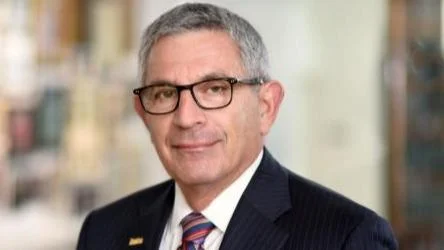
An 18-year survivor of neuroblastoma, a solid childhood tumor, is reported to have achieved the longest remission recorded following treatment with chimeric antigen receptor (CAR) T cell therapy. The findings, documented in Nature Medicine, highlight several long-term survivors from a phase 1 clinical trial of a genetically engineered CAR T cell therapy developed at Baylor College of Medicine's Center for Cell and Gene Therapy, Texas Children’s Hospital, and Houston Methodist Hospital.
The trial (NCT00085930), conducted from 2004 to 2009 at Texas Children’s Cancer Center, was the inaugural study at the Center for Cell and Gene Therapy. Nineteen children with relapsed or refractory neuroblastoma were treated using CAR T cells designed to target GD2, an antigen prevalent on neuroblastoma cells. Among the 11 patients with active disease during treatment, two achieved sustained complete responses, including one exceeding 18 years. Of the eight patients without active disease at treatment time, five remained disease-free in follow-ups between 10-15 years post-infusion.
"Our findings suggest that even with this early study some patients can have long-lasting benefit," stated Dr. Helen Heslop, director of the Center for Cell and Gene Therapy.
Researchers noted low levels of CAR T cells persisting in patients during follow-up periods, with greater persistence observed in long-term survivors. The first-generation CAR T therapy employed did not include co-stimulatory molecules present in current therapies to enhance effectiveness.
"We're encouraged that it's not just patients with certain malignancies of blood cells who can have sustained responses to CAR T cells but also some patients with advanced solid tumors," remarked Dr. Malcom Brenner.
"This was a landmark trial to demonstrate the feasibility and the long-term outcomes of cell therapy to treat solid tumors," added Che-Hsing Li, graduate student at Baylor.
Contributors to this research include Sandhya Sharma, Andras A. Heczey, Mae L. Woods, David H. M. Steffin, Chrystal U. Louis, Bambi J. Grilley, Sachin G. Thakkar, Mengfen Us, Tao Wang and Cliona M. Rooney from Baylor College of Medicine's affiliated centers.
For further details on funding for this work see the publication.